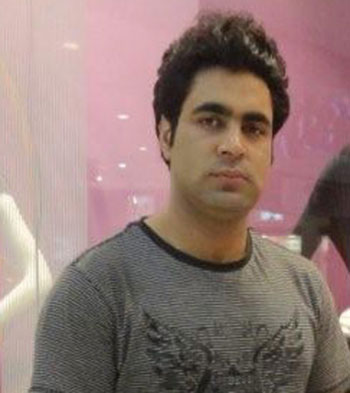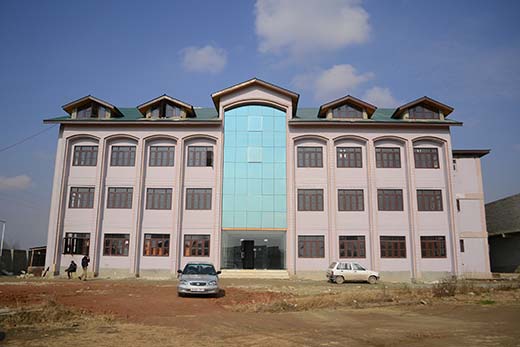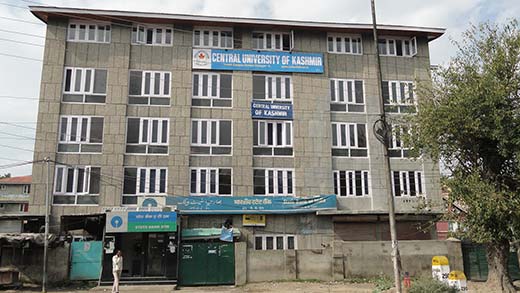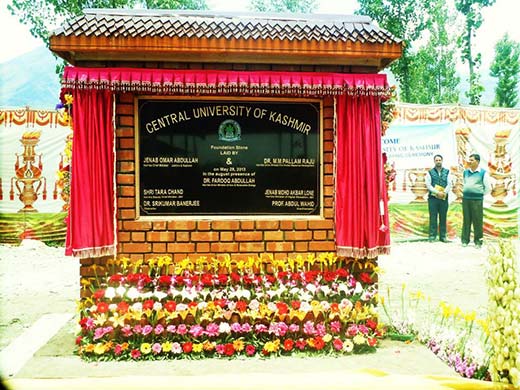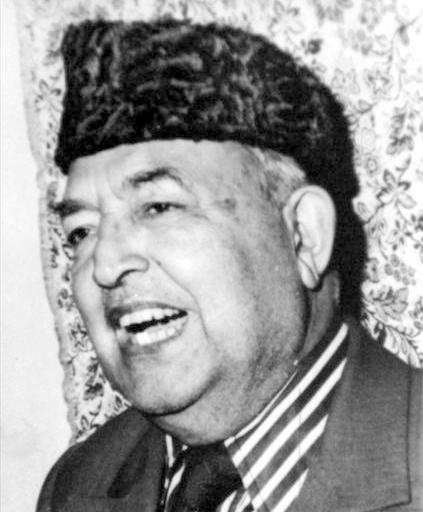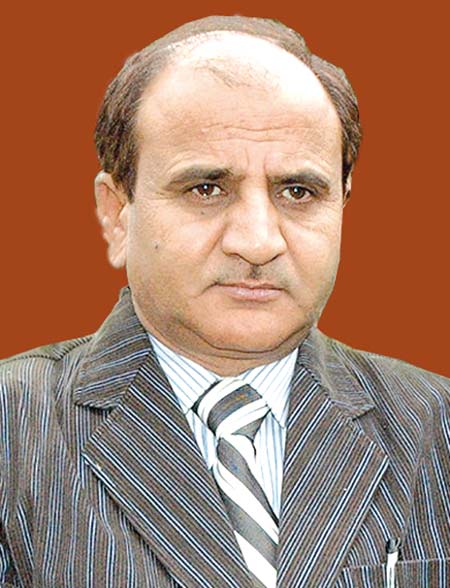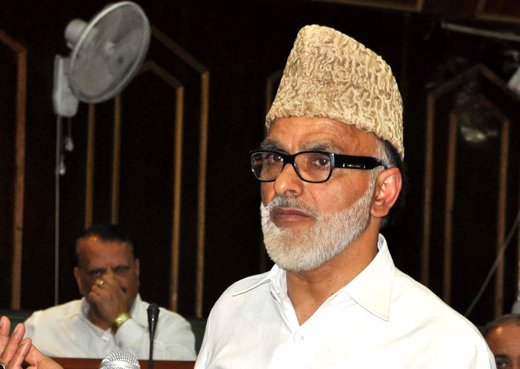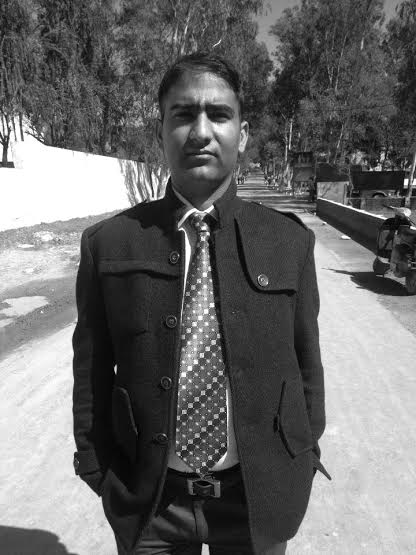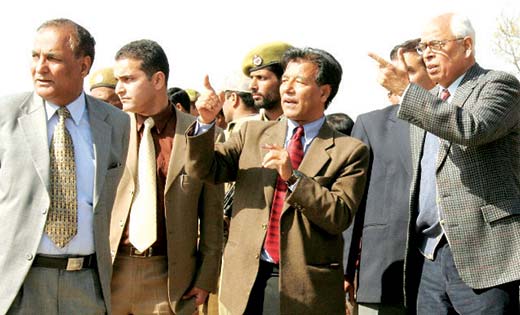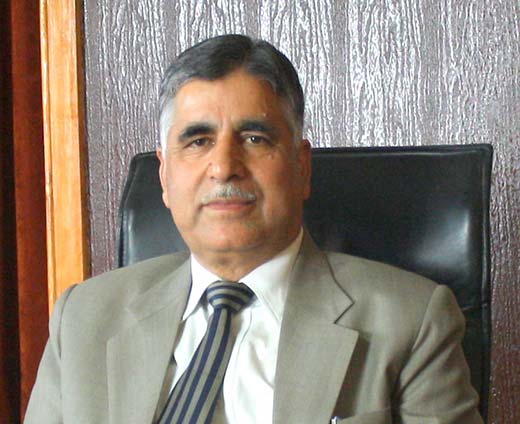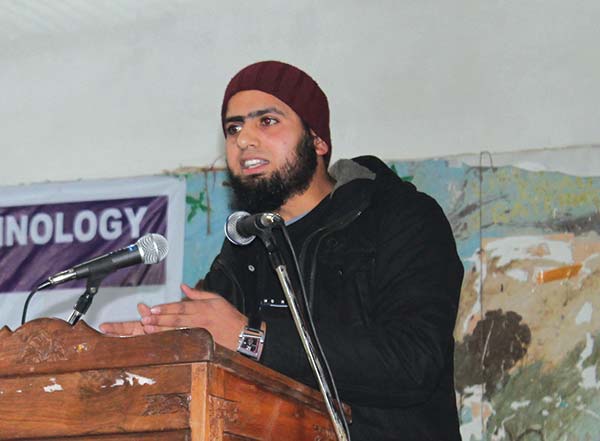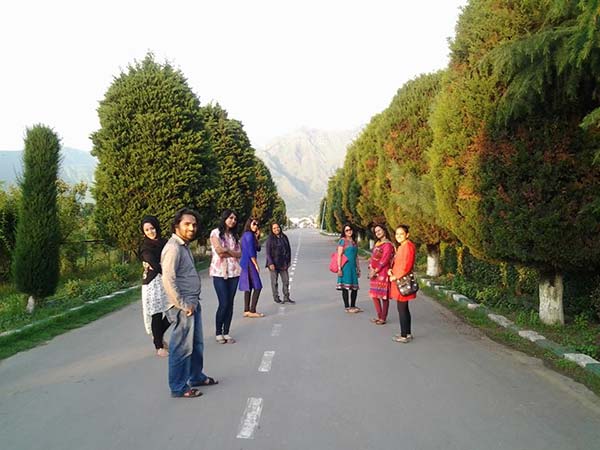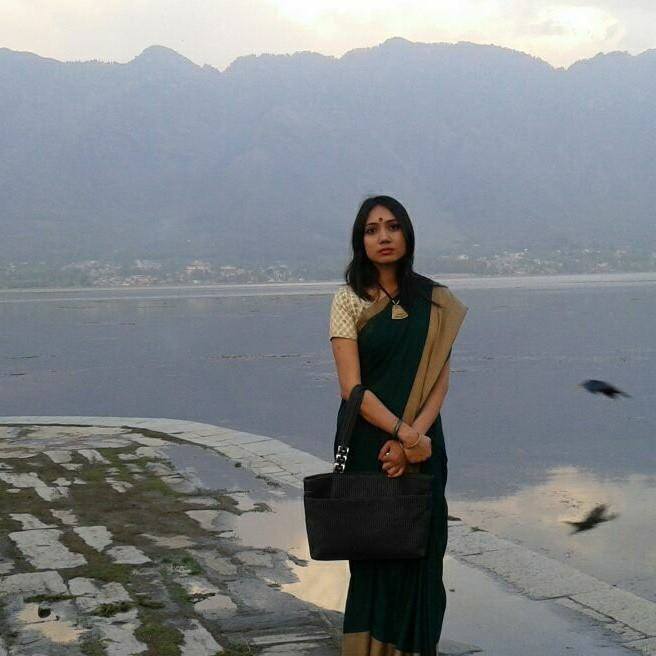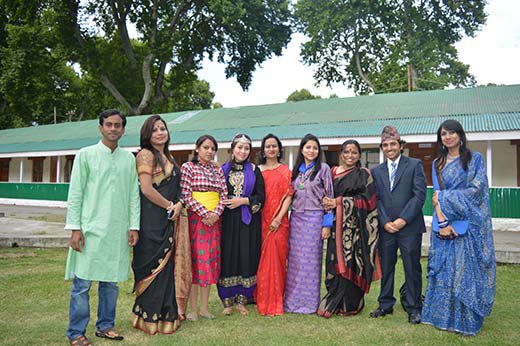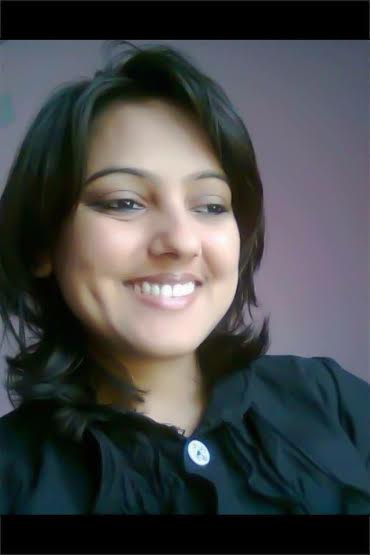Started on a high note with western model in mind, IUST is falling from grace even before a formal take-off. With political connections, family ties and lineage deciding its human resource, education seemingly is the last priority. Kashmir Life reports the unmaking of Kashmir’s Islamic University
![A landscape view of IUST. Pic: Bilal Handoo]()
A landscape view of IUST. Pic: Bilal Bahadur
It was summer 2005 when Prof Siddiq Wahid, a 54-year-old Harvard historian was chosen to establish a new university at Awantipora, Pulwama. Given his impressive academic exposure, a hope to see new, vibrant and a different educational institution took birth. With such high aspirations, Islamic University of Science and Technology (IUST) came into being at Awantipora.
Prof Siddiq Wahid, a PhD in Inner Asian Studies from Harvard University, was appointed as the first Vice Chancellor of the University. When a man who studied in Harvard and taught in Harvard and Metropolitan Universities for many years talked of ‘evolving a model of education with emphasis on leadership in (Islamic University) Kashmir’, it seemed achievable.
In the beginning, IUST looked different and impressive. Wahid, then 54, was perhaps the only aged academic manager in the campus, rest of his colleagues were in the age group 28-42.
But today, 10 years later, a keen look into the university shows up a nasty picture.
In the first ten years, the land acquired by the university may have doubled, the number of students may have increased 6 times but there seems no subsequent improvement in the facilities and the infrastructure available to the students. Though new construction is taking place in the campus but a number of departments and laboratories are still run from pre-fabricated huts and tin sheds.
“Good teachers and good teaching make a classroom, rest does not matter,” justifies Dr Abdul Rashid Trag, present Vice Chancellor of IUST. “We lack some equipment but to provide a good practical exposure to the students, we share the infrastructure of comparatively better institutions like that of NIT, Srinagar. It is what UGC tells us to do.”
When compared to the other universities in J&K like Baba Ghulam Shah Badshah University (BGSBU) and Mata Vaishno Devi University (MVDU), which were established around the same time, IUST looks like a primary school, says an educationist wishing anonymity.
“No it very much looks like a university,” says Dr Trag, “even the UGC team that visited IUST recently highly appreciated our progress.”
Dr Trag admits funding has been a major problem for the university. “Since the inception of university, Muslim Wakf board – the parent funding agency – has only paid Rs 9 crores of the total due amount of Rs 58 crores.”
“The universities which you are comparing us with (BGSBU and MVDU) get lakhs of donation every year, apart from funds from their parent funding agencies like state and UGC,” says Dr Trag.
IUST was established by state’s Muslim Wakf Board under the Act No. XVIII of 2005 passed on 7 November 2005 by the state legislature. As per the act, Wakf Board is supposed to grant Rs 2 crore each year.
Dr Trag opines, when state had conceived the idea of establishing a university it should have reserved at least Rs 300 to Rs 400 crores to make it work smoothly. On the contrary, its lone funding agency – Muslim Wakf Board – got away after handing over just Rs 30 crores.
Till recently, university was managing its expenses mostly from the fees collected from the students.
The administration of the university informs that a team supervised by the VC is working in double shifts to come up with better and improved infrastructure. They say the university is following a proper ‘Master Plan’ and will soon be shifting from pre-fabricated huts and tin sheds to concrete buildings.
Even the sole canteen in the campus is run from a tin shed has a significant population of flies in summers! The place does not offer proper sanitation and hygiene, students complain.
Influencing Recruitment
Muslim Wakf Board may have failed to pay the promised annual grant, but the Board has a considerable influence over recruitment of human resource in the University. They have had their share.
Shazana Andrabi’s appointment exemplifies the Muslim Wakf Board’s influences, perfectly. Presently In-Charge of the department of International Relations (Previously Peace and Conflict Studies), Shazana has done her post-graduation in History.
Her recruitment is an interesting case. Shazana is the daughter of Iftikhar Andrabi who in 2005 assumed the chair of Chief Executive Officer in the state’s Muslim Wakf Board. Besides, she is niece of Mehboob Beg, a former National Conference man who switched sides before recent state Assembly elections.
![Former IUST VC Prof Sidiq Wahid with Governor NN Vohra.]()
Former IUST VC Prof Sidiq Wahid with Governor NN Vohra.
Shazana with a Master’s degree, perhaps having no experience in administration, was appointed as an Assistant Registrar in the university in 2005. Of the six assistant registrars, she was ‘randomly’ picked up for one year masters course in Peace and Conflict in a university of Costa Rica.
Context: Prof Wahid on behalf of IUST had signed an MoU with the University of Peace (UPEACE), Costa Rica. Under this pact, IUST could send any Kashmiri to study this yearly program in UPEACE. In first year, Prof Wahid chose and sponsored Shazana Andrabi, an Assistant Registrar, and Wajahat Ahmed Peer, a contractual faculty member of a newly established department of Peace and Conflict Studies.
Prof Wahid wanted to establish a full-fledged department of Peace and Conflict in IUST. Interestingly, it is the only place in the state that offers a master’s program in the subject. IUST has now changed the nomenclature of the course from Peace and Conflict Studies to International Relations (Peace and Conflict studies).
“Professor [Wahid] was very eager to start a master’s program in Peace and Conflict Studies,” says Raouf Rasool, a former and founder faculty member of the department.
Raouf has done his Masters in Journalism besides holds a degree in Peace and Conflict from University of Norte Dame in Unites States and interestingly has earned a top merit of 3.89 out of 4.
While wanting to offer a two years master’s program in Peace and Conflict studies, Prof Wahid had called Raouf to IUST to ‘help’ him start and consolidate the course, Raouf remembers.
He agreed to contribute as he was wishful to use his expertise of Peace and Conflict studies and his experience in US.
“I am associated with journalism since 1997 but could hardly get an opportunity to use my expertise of Peace and Conflict Studies, so I could not reject this opportunity,” says Raouf.
Eventually, Wahid chose three people, Raouf Rasool, Muhammed Junaid and Wajahat Ahmed Peer to frame the course work. The three had to later sit in an ‘informal’ interview.
Two years later, June 2009, IUST invited applications for the permanent post of Assistant Professor in Peace and Conflict Studies. As guidelines of UGC suggest, the applicants with masters in the subject concerned, MA in Peace and Conflict Studies, with NET/SLET or PhD were invited. However, since Peace and Conflict Studies as an academic discipline is fairly uncommon, UGC is yet to institute NET in it; and even SLET too is not conducted in this subject. So, those applying for the post automatically get NET exemption.
Interestingly, even though the job advertisement had sought MA in the subject concerned as basic qualification, applications of candidates from backgrounds in Sociology, Political Science, Islamic Studies, Public Administration and Human Rights were also entertained, Raouf remembers.
“I did not apply but Prof Wahid forcefully made me to apply, as he said that he wants me to consolidate the department in next 5 to 10 years. It appeared he felt only I could do it,” recalls Raouf.
Of the 15 candidates who were interviewed on August 20, 2009, Athar-u-din Shawl topped the list, followed by Shazana Andrabi. Lubna, a PhD in Public Administration, was at number three and Raouf, a topper having masters in Peace and Conflict from an American University, was at number four!
![Prof Wahid was very eager to start a masters programme in Peace and Conflict Studies.]()
Prof Wahid was very eager to start a masters programme in Peace and Conflict Studies.
Athar-u-din has done LLB and MA in Human Rights from Aligarh Muslim University, besides has qualified NET.
“This was insulting,” says Raouf. “But I believe Prof Wahid wanted to appease two major political parties, National Conference (NC) and People’s Democratic Party (PDP), to favour his extension as VC.”
Shazana being Mehboob Beg’s niece, an NC man then, and Athar’s father Muneer-u-din Shawl, a PDP man, satisfied both the parties.
Interestingly, Muneer-u-din Shawl, a lawyer from South Kashmir is believed to be very close to PDP patron Mufti Mohammed Sayeed and was reportedly Mufti’s chief campaigner in South during 2008 elections.
After the results were declared Raouf moved to court and challenged the merit list. Athar and Shahzana’s appointment are now subject to the final court orders. Interestingly, in these four years, Raouf’s case has not been heard in the court even once. Reason: “Athar’s father, Muneer, is a well-known lawyer of the Valley,” believes Raouf.
Apart from questioning qualifications of the duo, Raouf has an interesting mail to share.
This is an email note which the then VC wrote to Raouf while the interviews were on: “…Bore to mey ab ho gaya! One of the candidates we are interviewing for CIPACS just told us that Amartya Sen is a gender specialist, a woman and that ‘she has written many books on conflict’. A PhD, mind you!! So let me wish you luck with such stiff ‘competition’! Siddiq”
Dr Trag says, “I am not answerable to their appointments. It was not my tenure then. Besides, it is a matter sub-judice and we will act as the court directs us.”
Looking at Prof Wahid’s era as VC, there a many questionable appointments that come to fore. From Assistant Registrars to many Head of the Departments (HoDs), people have been appointed on the basis of their political associations, family status etc.
Sources say mediocrity, appeasement to political bosses and nepotism is what works in IUST.
Interestingly, in 2010, Dr Trag recruited Iqbal Mirza, a simple BTech, now pursuing his M Tech, as an Assistant Professor.
“There was no better candidate than him. Besides, he left a permanent government job as Junior Engineer as he was interested in academics. I had to adjust him,” justifies Dr Trag.
“The recruitments are already done and we can’t terminate them. To grow we would better like to concentrate on positive developments rather than the negative things of the university,” feels Dr Trag.
Pertinently, Iqbal Mirza and Dr Trag belong to the same town, Tral.
Besides, the pass-out students, especially from Social Sciences allege that they are being ignored while the recruitment drives are on for contractual as well as permanent posts.
Saqib (name changed), a former student at the department of Peace and Conflict studies having interest in academics has applied for the post of Assistant Professor since 2010. And repeatedly, his application form is being rejected despite having all the relevant qualifications.
“By repeatedly rejecting my application, aren’t they questioning their own teaching?” asks Saqib, “If I have a master’s program in the relevant subject from IUST, besides having attended few fellowships, why is my application being rejected? Interestingly people having degrees in allied subjects are being entertained.”
Similarly, a former student from the department of Mass Communication and Journalism, Aqib (name changed) having qualified NET was rejected in 2013 and the two other candidates, Janisar Qureshi and Ishfaq Shah, none of them had qualified NET then, were recruited!
“This is the most racist university campus in Kashmir. Only people from certain castes are promoted and entertained during recruitments,” says Majid (name changed), a former student of the university who has been trying his luck since 2010 to teach in Mass Communication and Journalism department. “If you go through the names of all faculties especially HoDs, you will come to know what I am saying.”
The nepotism while recruiting human resources especially the faculty is taking toll on the students.
A student wishing anonymity shares an anecdote of his department: “My guide rejected my synopsis about Kashmir Conflict because she [Shazana Andrabi] thought I am emotionally involved with the cause, instead suggested me to study something about Egypt.”
Surprisingly, the students at Humanities Department are asked to submit a master’s thesis in their last semester without having research methodology in their curriculum!
“As far as I know research methodology is not important in Masters. It is essentially taught in PhD programs. Still I will look into the matter,” says the Vice Chancellor Dr Trag.
On hearing this response, a student sarcastically commented, “I think IUST has copied course design and curriculum from two different universities that is why they are not complementing each other. Research methodology is the backbone of any thesis whether masters or PhD.”
Prof AR Trag, VC Islamic University of Science & Technology
![AR-Trag-vice-chancellor-IUST]()
Prof AR Trag
On Infrastructure:
Good teaching and good teachers make a classroom, rest does not matter. Besides, we are improving our infrastructure. It may take some time but our progress is pacing up. I admit that if we compare IUST with other universities which were established around the same time, we are behind, reason being less number of working days and limited funds.
Funding:
Presently the scenario is better. We are being funded by state, UGC and Muslim Wakf Board. However, the major part of our expenditure is covered by the fees paid by the university students. The state government till 2009 used to release Rs 1 crore annually in our favour, but when we submitted a proposal and forwarded our master plan [including buildings] they agreed to release funds in our favour. Since then we are getting Rs 8 crore for construction and Rs 5 crore under salary quota. This year we are expecting Rs 5 crore under infrastructure development and Rs 4 crore under salary quota.
Since last year, after we covered the 12 B status, UGC also started granting funds in our favour. They sanctioned Rs 7 crore under infra-structure and development.
Wakf Board is supposed to give us Rs 2 crores each year but they fail to maintain consistency. Till now of Rs 58 crore only 8-9 crores have been granted.
But overall funding has been a problem which has restricted our growth. We too realize that we don’t have infrastructure at par with the other universities but we are trying our best. Our team, led by me, work in double shifts. We too are interested to provide better infrastructure including laboratories and playground but we have our compulsions. In a nut shell, as compared to past six years University is progressing at a much better pace. Besides, a few other independent projects are granted in our favour which will help us to grow.
Recruitment policy:
For recruiting teaching staff we have to follow the UGC guidelines and if we fail they will stop funding us. For the recruitment of non-teaching staff we have framed our own policy. We have had some controversies regarding recruitments but the matter is sub-judice and we have to wait for the court orders. We try to focus on positive things rather than discussing negative things, as we want growth. I can’t fire any of them [Shazana Andrabi, Iqbal Mirza or Athar-u-din]. If I did they too will move to the court and will hamper the smooth going of my university, which I don’t want.
About Shazana’s and Athar’s appointment?
I was not the Vice Chancellor then so I can’t answer.
About Iqbal Mirza’s appointment?
Yes, I selected him and I can very well justify my decision. The appointment happened in 2010 when he was just a B.Tech but today he is pursuing his M Tech so his appointment should not be a problem. And now I can’t fire him. For the first time this year we received a number of applications otherwise the response used to remain poor. And we had to manage among the hand full of people. People with more competent degrees opt for better opportunities.
See, we do not have enough people in Kashmir who have qualified GATE or NET/SLET, so we have to compromise for the betterment of our students.
Is Sameer Wazir, finance officer of IUST, just a graduate?
He is working on the contract basis; he is not a permanent member. His contract gets renewed every year.
It is alleged that IUST ignores its own pass-out students during recruitment drives?
Own students are every university’s weakness. We know how seriously we teach our students. If the applicant [IUST’s pass-out] is competent we will never ignore them. The only thing we avoid is to select the recent pass-outs. We prefer to have a gap of at least one year as we believe it causes indiscipline in the class if the teacher and student belong to the same age group.
Why isn’t IUST starting PhD programs?
PhD is essential part of any university. We started in MBA, Islamic Studies, Arabic and English. In other departments the faculty members do not satisfy the norms which are needed to start the program.
Note:
Kashmir Life thanks its esteemed readers for showing overwhelming response to our stories. However we at the same time request our readers to refrain from any abusive comments that may harm anybody’s image or character.
We also request our readers not to go personal against any individual while commenting.
Kashmir Life retains the right to remove any such comment which it think goes against ethics, morality and decency. However positive response and healthy argument is always welcome.


